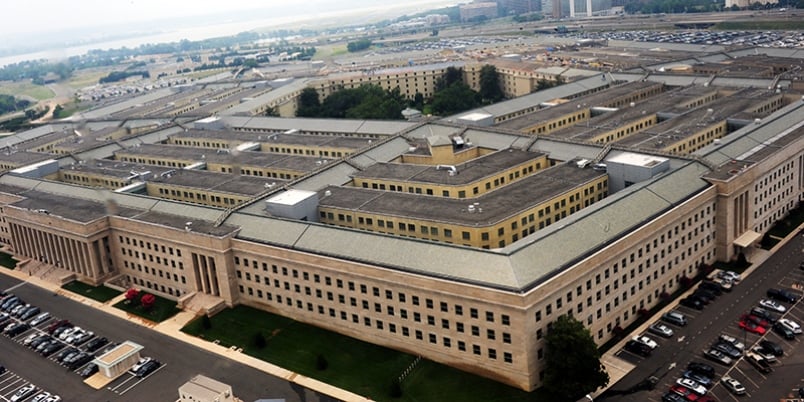
The House, on Thursday, passed the compromise Fiscal Year 2023 defense policy bill that authorizes $858 billion for national defense.
In a 350 to 80 vote, lawmakers authorized legislation that approves $32.6 billion for the Navy to buy 11 battle force ships, an increase from the eight battle force ships the service sought in its original budget request.
Rep. Rob Wittman (R-Va.), who sits on the House Armed Services Committee, praised the legislation for authorizing $45 billion above the Biden administration’s originally proposed top line.
“As the Ranking Member on the Subcommittee on Seapower and Projection Forces, I countered the Biden Administration’s dangerous ‘divest to invest’ strategy, preventing the retirement of 12 existing ships, and securing the construction of 11 new ships,” Wittman said in a statement. “Additionally, I ensured that the Marine Corps will retain a floor of 31 amphibious ships. Both efforts are essential priorities to adequately address the threat that China presents in the Indo-Pacific.”
The legislation authorizes the Navy to buy two Virginia-class submarines, three Flight III Arleigh Burke-class destroyers, one Constellation-class frigate, one San Antonio-class transport dock, two Expeditionary Fast Transport ships, one T-ATS 6 Navajo-class towing, salvage and rescue ship and one T-AO-205 John Lewis-class fleet oiler, according to a Senate Armed Services Committee summary of the legislation.
The bill also prevents the Navy from decommissioning 12 ships, including four Whidbey Island-class dock landing ships, five Littoral Combat Ships, one Ticonderoga-class cruiser and two Montford-class expeditionary transfer docks.
Provisions in the legislation also provide more authority to the Marine Corps commandant when it comes to amphibious ship requirements and force structure. While one provisions says it’s up to the commandant to decide the requirements for amphibs, another mandate that the Navy communicate with the Marine Corps’ top officer on crucial matters on the amphib force.
“It clearly states from Congress that the role of the commandant of the Marine Corps in defining requirements. That’s a very positive thing. It doesn’t say anything negative about a personal relationship between the [chief of naval operations] and the commandant or the two services are bickering with each other,” said Marine Corps Commandant Gen. David Berger on Wednesday about the legislation.
“It just says Congress understands that that’s a service requirement so we want to hear from the service what you need. I think that’s not complicated at all. I’m comfortable with the way things are moving forward,” Berger added.
It’s unclear where appropriators will fall. The Pentagon is currently operating under a continuing resolution that keeps the government funded through Dec. 16.





